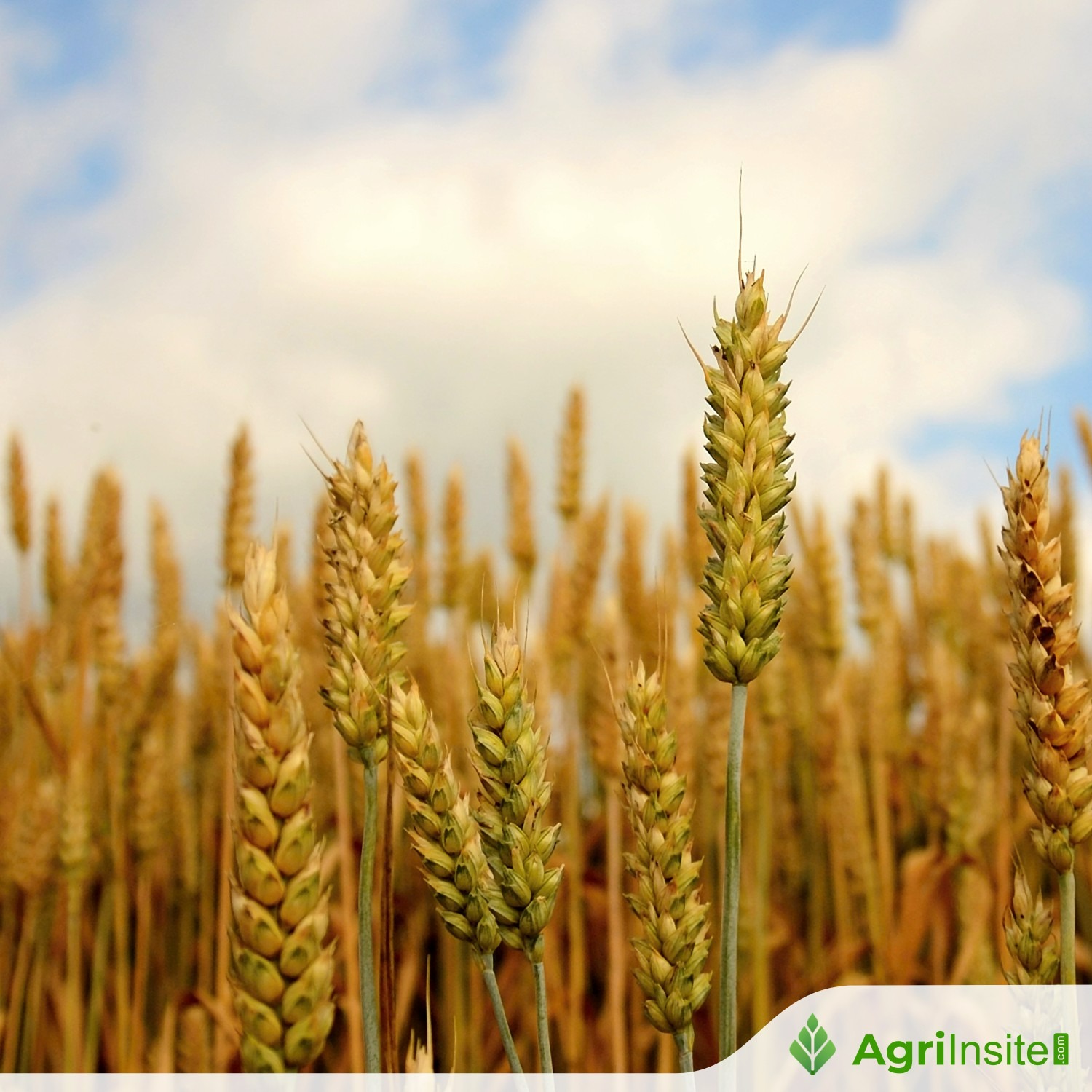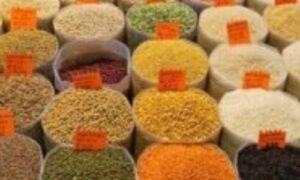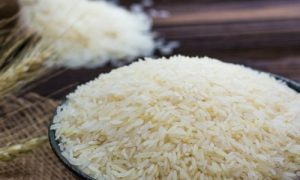Early monsoon rains in India raise hopes for record grain harvest

India’s early and above-average monsoon rains have accelerated sowing of rice, oilseeds, and pulses, raising hopes for a record grain harvest. Agriculture Minister Devesh Chaturvedi said fertilizer and seed supplies are sufficient, and government efforts are also boosting maize and GI rice cultivation. With continued rainfall, both monsoon and winter crops may see strong yields, supporting food security and growth.
Early and heavy monsoon rains in India have accelerated the sowing of rice, oilseeds and pulses, boosting the country’s chances of a record grain harvest this year, according to a top agriculture ministry bureaucrat.
Ahead of schedule, farmers have been able to start sowing earlier than usual in many regions, Agriculture Minister Devesh Chaturvedi said. If this continues at a normal pace in the critical months to September, it could benefit both the current crop and the upcoming winter harvest, he said.
India, the world’s second-largest producer of rice, wheat and sugarcane, relies heavily on the annual monsoon to irrigate more than half of its farmland – and that rain has a direct impact on crop yields, rural incomes and inflation. Above-average rainfall not only supports food security for the country’s 1.4 billion people, it is also vital for boosting economic growth and stabilizing global agricultural markets.
Chaturvedi ruled out concerns about shortages of fertilisers this season. He said stocks of urea, diammonium phosphate and potash were adequate despite India’s reliance on imports for part of its requirements. Seed availability was also being closely monitored to ensure farmers got certified, high-quality inputs, he added.
“If rains remain favourable till September, it could be a record year for Indian agriculture,” Chaturvedi said, referring to both monsoon and winter crops.
The India Meteorological Department has forecast higher-than-normal rainfall in July, the wettest month of the monsoon season. June’s rainfall was 9% above normal, it said.
While farmers are favouring rice, encouraged by minimum support prices and additional government bonuses, the government is also looking to diversify production.
For pulses such as peas, black peas and lentils, the government has guaranteed minimum support prices for four years to stabilize supplies and support farmers, Chaturvedi said. Meanwhile, the national ethanol blending program is encouraging increased maize cultivation, he added.
The government is also encouraging the cultivation of special varieties of rice with geographical indication labels such as Kalanamak, which can fetch higher prices in overseas markets, Chaturvedi said.
To Read more about Rice News continue reading Agriinsite.com
Source : Ukr Agro Consult















